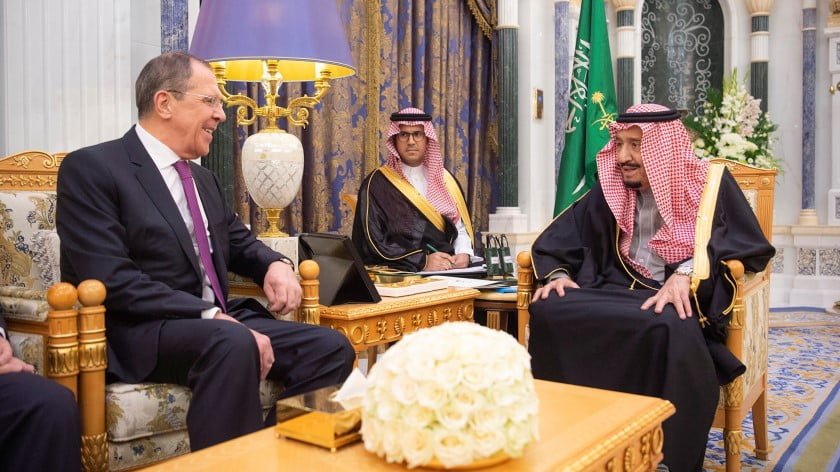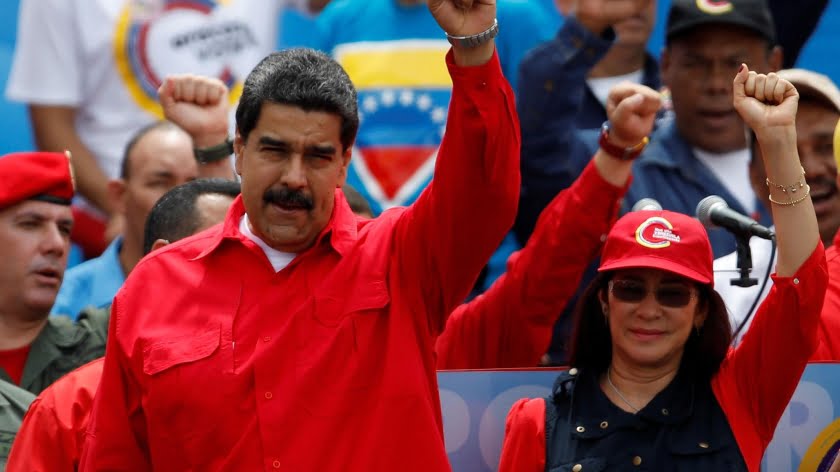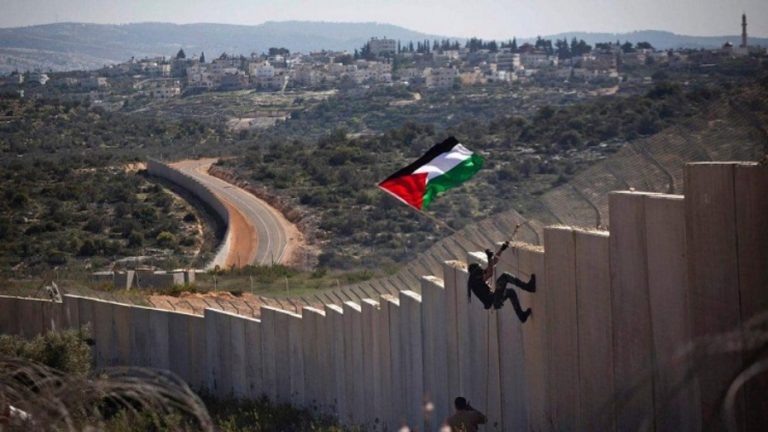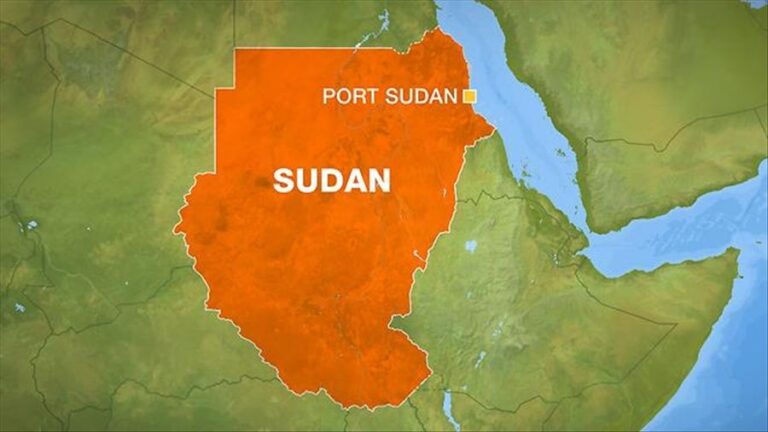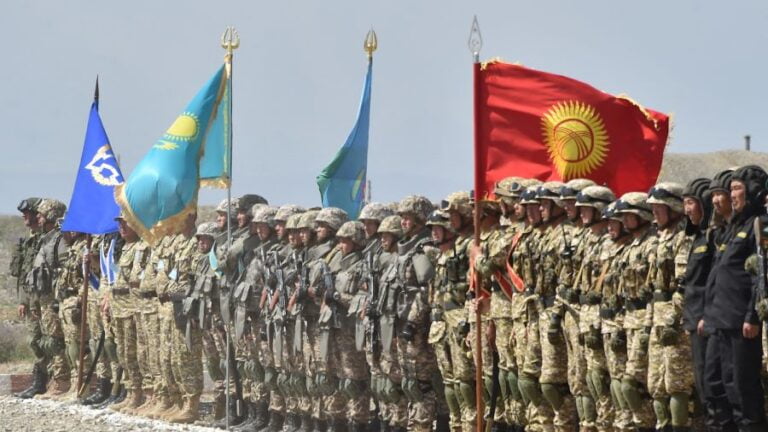Lavrov’s Trip to the Gulf Was a Great Leap Forward for Russia’s GCC Ties
The Russian Foreign Minister travelled to Qatar, Saudi Arabia, Kuwait, and the United Arab Emirates in a chain of visits that showcased his country’s improved ties with what are generally regarded as some of the US’ closest allies. Russia’s interests in these Kingdoms are multifaceted but mainly come down to energy coordination, bilateral investments (especially courting Gulf investments into Russia), diplomatic coordination on Syria, the arms trade, and the general desire to “balance”, the latter of which refers both to facilitating its partner’s political diversification from their erstwhile dependence on the US and to retaining excellent relations with both sides of the so-called GCC Cold War.
Another point to focus on is Russia’s interest in inter-regional integration as a catalyst for accelerating the emerging Multipolar World Order, which is relevant in this case if Lavrov’s trip lays the basis for a future free trade agreement between the Eurasian Union and the GCC. While nothing of the sort is currently in the cards, it nevertheless remains an unstated long-term objective of the Russian state when considering how it’s advanced this model in practically every other non-Western corner of Eurasia over the past few years. Prognosticating how this might one day play out in practice, Russia might eliminate any bureaucratic investment hurdles for its Gulf partners in exchange for them doing the same for the country’s agricultural exports that are naturally in high demand in this part of the world.
Altogether, Russia’s rapid expansion of influence in the GCC confirms the success of Moscow’s “balancing” strategy after it proved itself capable of incorporating this last corner of Eurasia into its supercontinental plans. This couldn’t have happened had it not been for the peacemaking gains that were achieved over the past few years in Syria, as well as Russia’s strategic partnership with Israel, which not-so-secretly enjoys excellent relations with the Gulf Monarchies and possibly assisted this diplomatic opening behind the scenes. After all, Russia is very close with their mutual Iranian and Turkish enemies, so it makes sense for them to “balance” closer to Russia in response.
By Andrew Korybko
Source: Oriental Review

